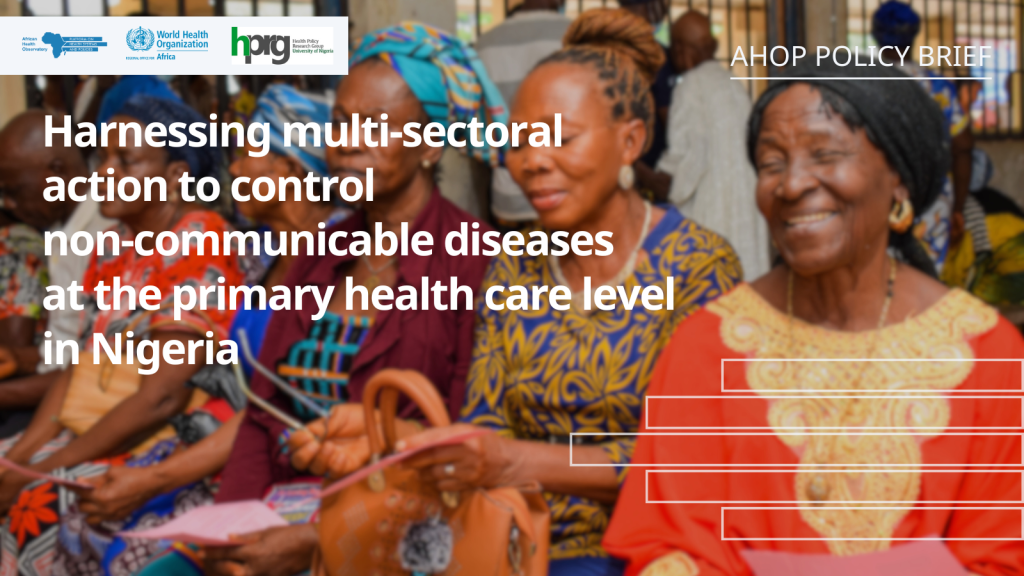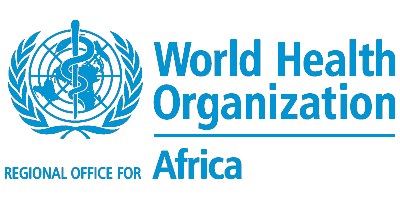Nigeria’s progress in non-communicable disease management remains inadequate and requires multi-sectoral action to address systemic challenges, explains new policy brief
The Nigeria National Centre of the African Health Observatory Platform on Health Systems and Policies [Health Policy Research Group, University of Nigeria] has released a new policy brief summary. It is a comprehensive situational analysis that examines existing multi-sectoral policies and strategies for the prevention and management of priority non-communicable diseases (NCDs) at the primary healthcare (PHC) level; how these have been implemented; and what further actions and guidance are required from health and non-health sectors to effectively scale up efforts.
According to the brief, nearly 30% of all deaths in Nigeria are attributed to non-communicable diseases (NCDs), driven by risk factors which sit outside the health sector. The Nigerian health system is not yet leveraging multi-sectoral approaches to harness the resources of non-health sectors for NCD prevention and management. Moreover, the existing national multi-sectoral action (MSA) plan is poorly implemented and lacks clear guidance for PHC-level implementation.
Effective MSA in Nigeria could enhance governance, improve resource mobilization and foster community engagement by leveraging the collective efforts of the health and non-health sectors. To strengthen MSA, Nigeria must address the financial, human and infrastructural deficits that currently hinder the effectiveness of interventions. By addressing these challenges through coordinated and innovative MSAs, Nigeria could improve NCD outcomes and advance towards achieving universal health coverage (UHC). The brief sets out some essential policy recommendations to effectively address the systemic challenges of NCD management in Nigeria through MSAs.
AHOP is a regional partnership that promotes evidence-informed policy-making. It is hosted by the WHO Regional Office for Africa (WHO AFRO) and is a network of centres of excellence from across the region, leveraging existing national and regional collaborations.
The extended summary is now available for download in English and French. The entire policy brief will be published online soon.









